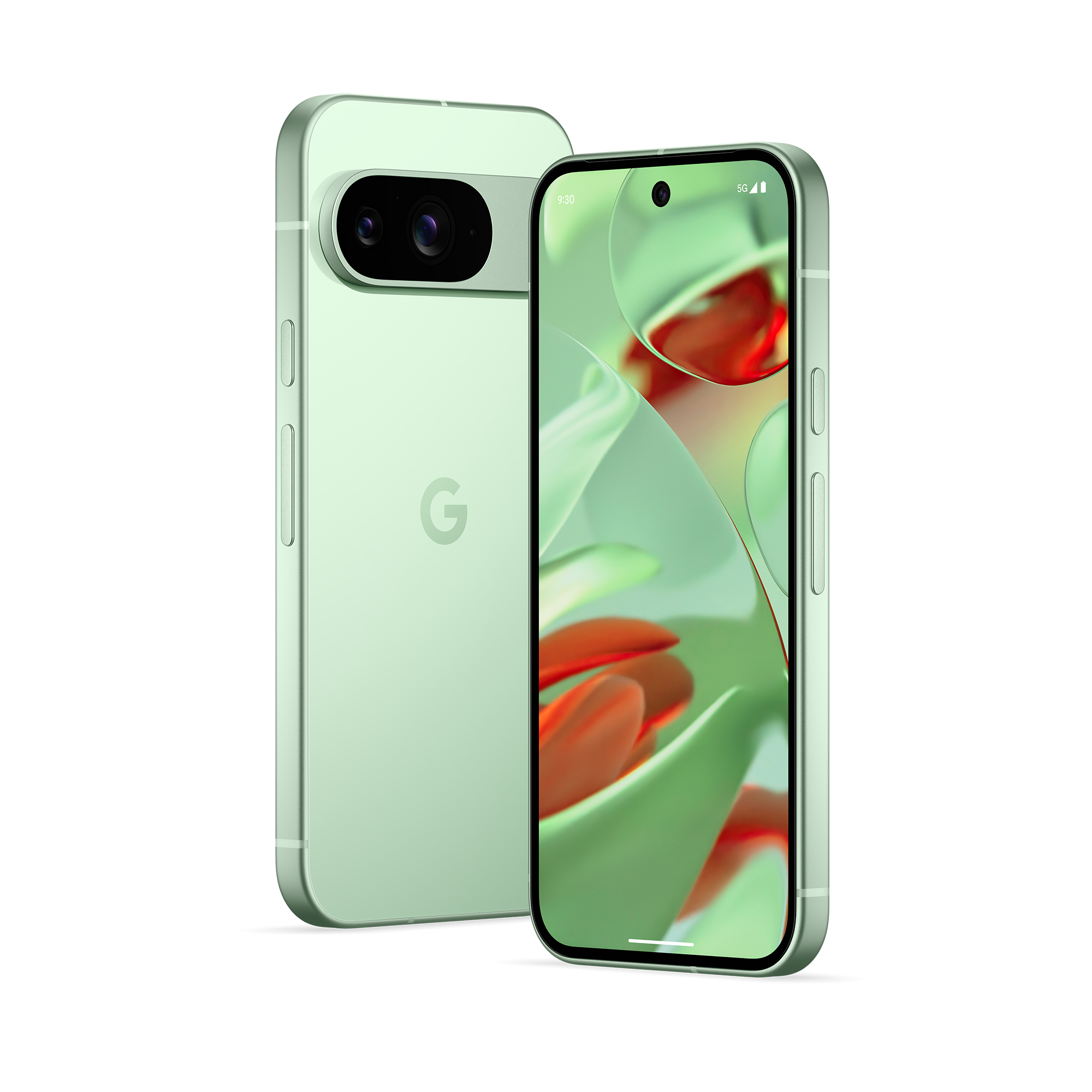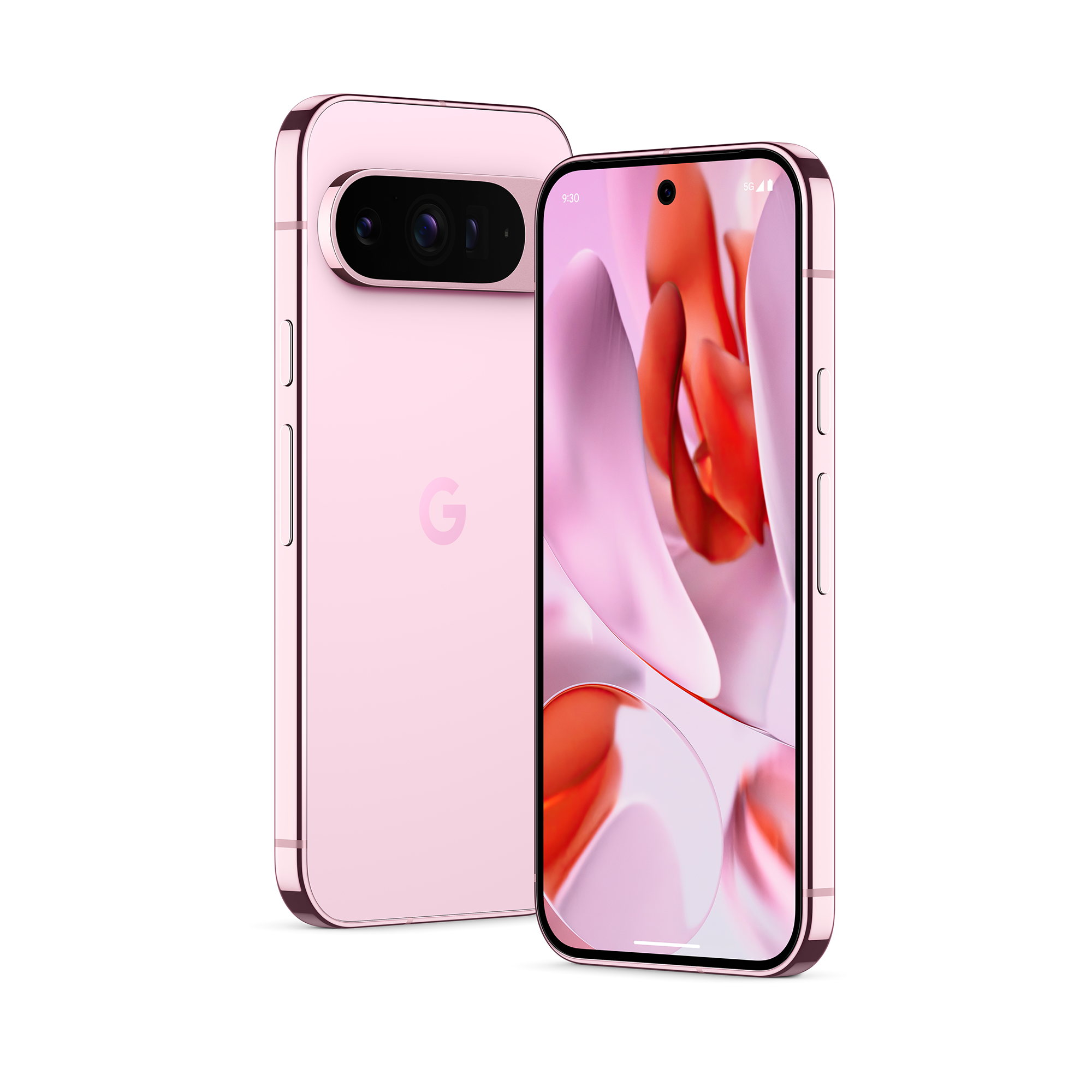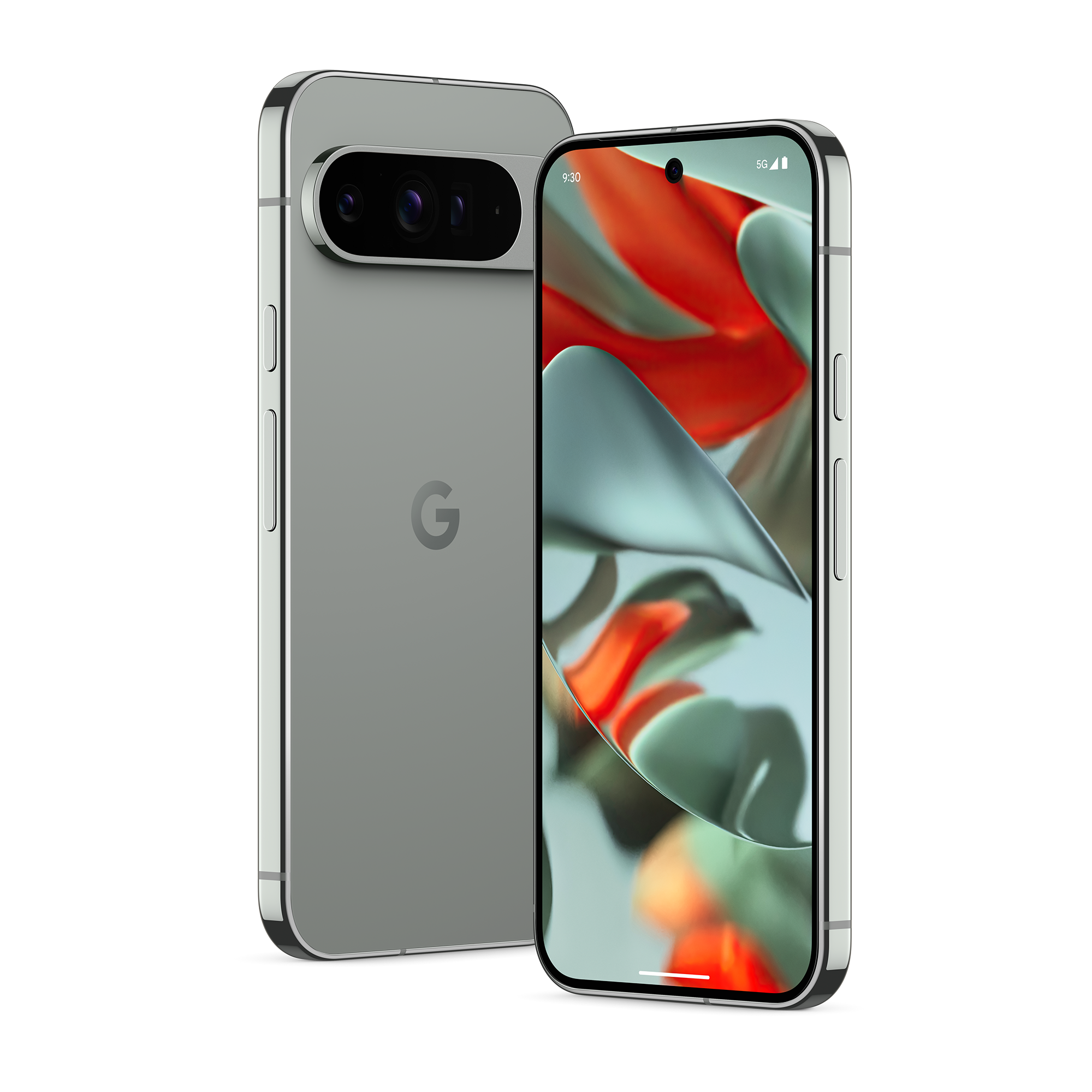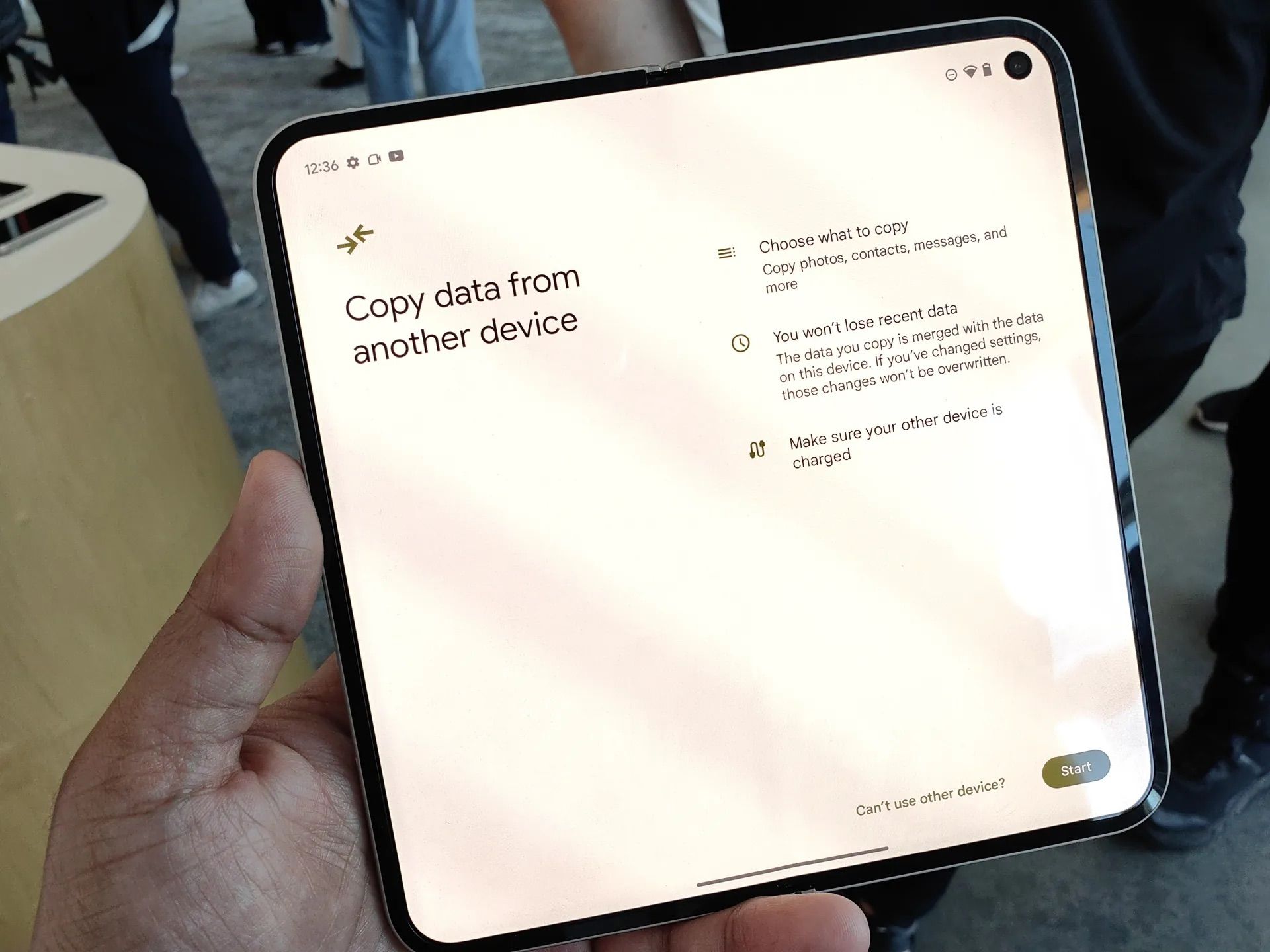Summary
- Get ready to transfer your old data to a new Pixel 9 phone hassle-free.
- The new feature was spotted on a Pixel 9 Pro Fold during the Made by Google event.
- Users will now be able to transfer data outside the initial setup process, merging old and new data seamlessly.
There’s always a certain amount of excitement when it comes to buying a new phone. And while we’d love to just dive in to experience all the new features, there’s always a small hiccup that comes from transferring your old data to the new device. Now, this process is relatively painless for the most part, with the option to do a direct transfer using cables or sourcing your important information from the cloud.
How to transfer files and data from an old Android phone to a new one
Thankfully, Google makes sure this is a fairly simple process
As stated before, for the most part, the process is relatively seamless, but if there was one complaint, it’s that it doesn’t provide a lot of breathing room, currently only allowing Pixel users to transfer old data to a new phone during the initial setup process. As you can probably imagine, you’re in a bit of a pickle if you happen to miss that opportunity. Luckily, it appears that may not actually be the case for Pixel 9 users, with a new setting that could make the process a bit more flexible.
A more convenient way to transfer old data
The folks at Android Authority uncovered this juicy nugget during the Made by Google event that took place last week. The new feature is located in the Settings menu and will allow users to transfer their data even after the initial setup process. The setting can be located in the Back up or copy data menu, then by heading into the Copy data section. From there it will tell you what types of items can be copied and even has a disclaimer that states you won’t lose any important information.
What’s great about this setting is that it will automatically merge the old data that is transferred with the new data that is already on the phone. In addition, the data transfer process will even preserve any settings that have been adjusted on the new phone. While this is definitely going to be a welcome and much appreciated feature, the only disclaimer here is that Android Authority didn’t actually get to test it.
Of course, since it was in the OS, there’s no reason to think that it won’t work or won’t be arriving on retail devices. Luckily, we won’t have to wait long to try it out as the Pixel 9 series will be arriving to stores starting August 22. As you can probably guess, this new method will be a game changer for some, especially those that are eager to test out their new phones as soon as they get them.
-

Google Pixel 9
The Pixel 9 is Google’s most affordable 2024 flagship, making a few compromises when compared to the Pixel 9 Pro and Pro XL while retaining the Google smarts the lineup has become known for. An upgraded 48MP ultra-wide camera is paired with a 50MP main shooter, and the selfie cam added autofocus. All of this comes with new Gemini AI features and a 2,700-nit Actua display for exceptional value at its price point.
-

Google Pixel 9 Pro
The Pixel 9 Pro is a new addition to Google’s lineup, slotting in as a smaller premium flagship to pair with the Pixel 9 Pro XL. The latter is the direct successor to 2023’s Pixel 8 Pro despite its new XL moniker, whereas the Pixel 9 Pro brings a new form-factor to Google’s high-end offerings, sporting the same dimensions as the standard Pixel 9 model while packing all the AI and camera prowess we’ve grown accustomed to from Google’s Pro lineup.
-

Google Pixel 9 Pro XL
The Pixel 9 Pro XL has a new name, but it fills the same slot as 2023’s Pixel 8 Pro, having similar specs with roughly the same footprint. The non-XL Pixel 9 Pro is new to the lineup as a smaller premium flagship offering. With the 9 Pro XL, however, you get Google’s fastest charging, a bigger screen and battery, and all of the camera and Gemini AI smarts you’d get in the smaller 9 Pro.

